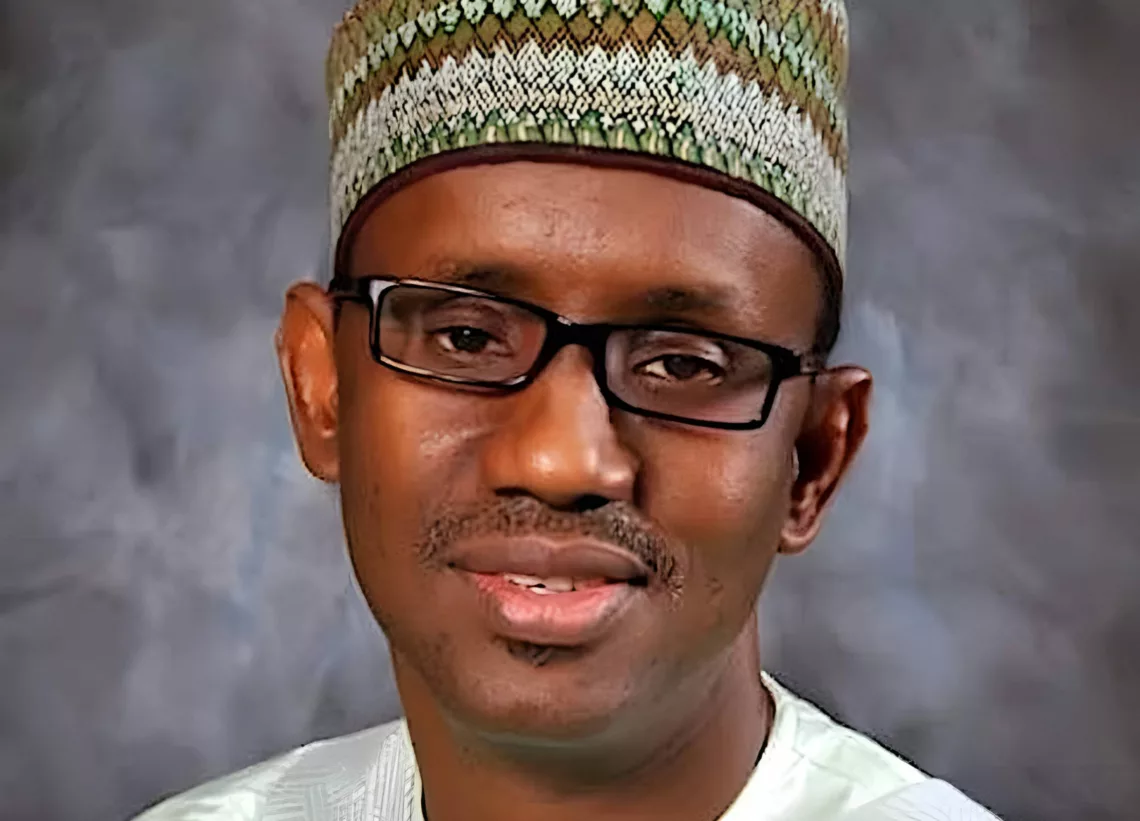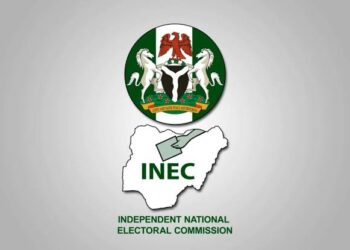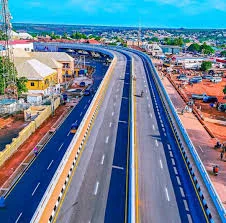The appointment of Nuhu Ribadu, the founding chairman of the Economic and Financial Crimes Commission (EFCC), as the National Security Adviser (NSA) by President Bola Tinubu took many by surprise, especially those within the security sector. Traditionally, the position had been reserved for retired military officers since the advent of democracy in 1999, leading many to believe it was exclusively for retired military generals.
However, President Tinubu’s departure from this tradition paid off handsomely. In just 100 days in office, Ribadu left no doubt about the direction of the fight against terrorism, banditry, and various other crimes that had plagued the nation for a decade. He completely overhauled the approach to insecurity, and the results were evident to all.
Within those 100 days, a remarkable 4,560 terrorists and their families surrendered to the troops in the North-East, yielding the recovery of 501 weapons, 3,577 livestock, 3,269 assorted ammunition, and 674 other pieces of equipment. Additionally, in the North-East, the Operation HADIN KAI troops neutralized approximately 240 terrorists, apprehended 276 terrorists and their collaborators, rescued 147 kidnapped hostages, and compelled 4,560 combatant fighters to surrender with their families. They also seized 169 assorted weapons, 1,195 assorted ammunitions, and 199 other equipment items.
In the North Central, Operation Safe Haven troops neutralized 94 terrorists, arrested 477 suspects, rescued 76 kidnapped hostages, and recovered 82 assorted weapons and 760 assorted ammunition. Meanwhile, Operation Whirl Stroke troops neutralized 83 terrorists, arrested 104 suspects, rescued 18 kidnapped hostages, and recovered 37 weapons, 68 assorted ammunitions, and 127 other items.
In the North-West, Operation Hadarin Daji troops had a significant impact, neutralizing 248 terrorists, arresting 116 suspected terrorists, rescuing 359 kidnapped individuals, and recovering 67 assorted weapons, 926 assorted ammunition, and 160 other incriminating items.
Ribadu’s successes weren’t limited to countering terrorists and bandits; he also targeted oil thieves in the Niger Delta through Operation Delta Safe. Their accomplishments included neutralizing 69 combatants, arresting 191 collaborators involved in oil theft, and rescuing 12 kidnapped hostages. The operation intercepted 6.6 million liters of stolen crude oil, 3.5 million liters of illegally refined Automotive Gas Oil (AGO), 188,650 kerosene, and 65,600 liters of petrol. They also discovered and destroyed 249 boats, 28 pumping machines, and three vessels while recovering a total of 51 assorted weapons.
In the South-East, Operation UDO KA troops neutralized 80 combatants, arrested 162 IPOB/ESN criminals, and rescued 109 kidnapped hostages. They also recovered 63 assorted weapons, 320 assorted ammunition, and 166 other incriminating items within the period.
Ribadu’s appointment came at a time when Nigeria faced growing insurgency, banditry, kidnapping, and other violent crimes, which threatened the nation’s stability. He assured the President that his security agencies would accomplish the objective of securing the country and restoring peace and stability.
Despite the successes, Ribadu recognized the need to work even harder to meet the high expectations of Nigerians, who had waited for a solution to the country’s insecurity for a decade. He also aimed to reposition the police to take full control of internal security, reducing the military’s involvement.
Ribadu emphasized the importance of inter-agency collaboration, capacity building, and community support in achieving national security. He underscored the need for a collective effort among all government bodies, civil society groups, and citizens to ensure a secure nation.
In his first 100 days, Ribadu shifted the security narrative in Nigeria. His intelligence-led approach demonstrated that addressing the country’s security challenges required more than troop deployments—it demanded effective intelligence gathering and the use of soft power.
He added that there must be closer inter-agency collaboration as well as capacity building to ensure success in the fight against insecurity. According to him, national security is a collective effort where all ministries, departments, agencies, civil society groups and citizens have to work collaboratively to ensure a secure nation. He said: “Community support is also critical for the success of curbing insecurity.
The goal is to get the police to take full charge of internal security without having to invite the military to wade into the internal security of the country so that they can focus on external security.”
He also emphasized the need to strengthen the legislative framework and review strategies and policies on security. He noted that the government would spare nothing to ensure synergy among all security agencies, even as he added that it was important to work with the media to reach a wide audience to ensure that any information on security was accurate and not fake news.
However, Ribadu’s first 100 days in office has proven that the President has just put a round peg in a round hole in his choice of the NSA. The president, by the choice of Ribadu, has equally proven that he is in sync with the global trend that is shifting to intelligence-led security. And Ribadu has also proven that the key to tackling Nigeria’s myriad security issues as experts have said repeatedly goes beyond focusing troops’ deployment to emphasizing intelligence gathering and the use of soft power.
In conclusion, Ribadu’s initial 100 days in office marked a significant transformation in Nigeria’s security landscape. Nigerians could only hope for continued success as he and his team intensified efforts against terrorists, bandits, kidnappers, oil thieves, and other criminal elements threatening the nation.





